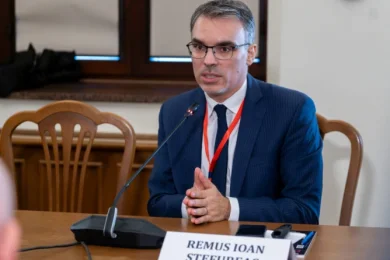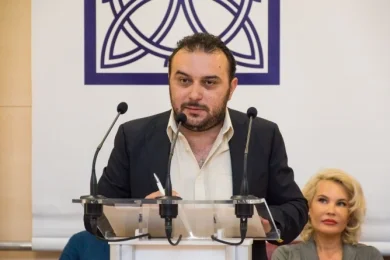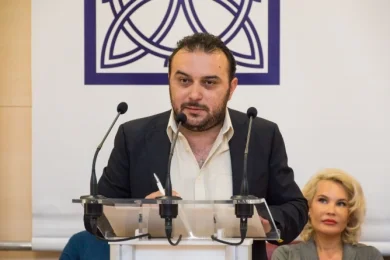
In an interview with Revista Cultura, Remus Ștefureac analyzes the vote in the diaspora, which surprised by supporting an extremist candidate. He emphasizes that this vote reflects frustration with the traditional political class and that the diaspora is not a homogeneous group. "We should understand that the diaspora vote - not only now, but also in 2014 and 2019 - was, each time, a protest vote against the traditional political class. Except that this time there was no anti-establishment vote sucker, let's say, though rather votes against the traditional political class. The only offer perceived as having this message was that of the AUR candidate. In the past there were more voices, this time it was not the case," says Ștefureac.
It is essential that the Romanian state invests in research to better understand the needs of Romanians abroad and implement policies to support their integration, including through education and economic support. "We have very little in depth data on the diaspora, there are very few studies done on this issue in this way. I really appeal to the Romanian state in this regard. The Romanian state, if it is an intelligent state, should be a state that invests enormously in supporting the Romanian diaspora, which is also a factor of influence in Western societies, just as Hungary, for example, does in supporting the diaspora in neighboring countries, which is a factor of influence in neighboring countries, including Romania," explains the INSCOP director.
Ștefureac advocates a more empathetic and constructive approach, instead of demonizing the diaspora. "There is a need for educational centers: however, the children of Romanians in the diaspora, who are born in diaspora countries, should still have contact with Romanian culture, with the Romanian language. Learning Romanian is, after all, essential from this point of view. Economic support for Romanians in the diaspora is also important. I repeat, like Hungary, which offers economic development grants - we see businesses supported directly by the government in Budapest, including in Romania", concludes Ștefureac.













